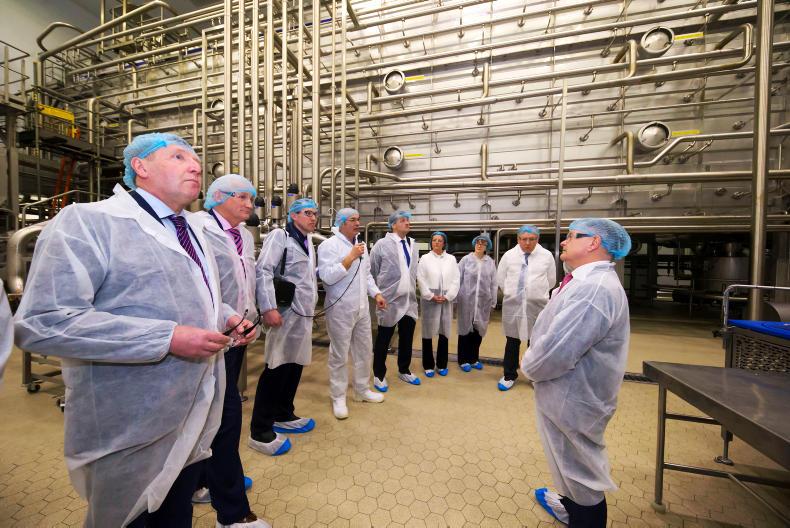Farm prices are a little like the English rugby team – always at their most dangerous just when you think you have them where you want them. Dairy farmers have been bracing themselves for a price cut for a while, but the 3c/l announced by Glanbia still was shocking. Other co-ops have followed suit to a lesser or greater extent, and the downward spiral has begun.
The revelation on this page last week that Glanbia’s board members granted themselves an increase in payments recently hasn’t improved suppliers’ views of their representatives.
All the mood music and signalling is for prices to take another cut in either March or April, with the crucial 30c/l barrier being breached for the peak production months. Every cent below that threshold cuts deeply into the ability of farmers to do anything more than tread water. Many dairy farmers have surged ahead with expansion and spending, and treading water is not an option.
Price is not the only source of stress for dairy farmers either. The labour shortage this calving season has been as well flagged as the price drop, but that does not make it any easier to cope with. Farmers were struggling to cope before the snow, now they are buckling under the work pressure as milk fever, mastitis, pneumonia and calf scour all take a toll. As one farmer put it, everything else has to go well for the rest of the year after the poor start. The omens are not great.
Hopes dashed
The big hope was that the snow would clear to herald the dawn of spring, but that has not happened. Cows are indoors, grass is saturated, growth is stagnant, and the workload is not being alleviated.
Fodder supplies are holding out, but March is flying by, and most dairy farms are banking on having all stock out by 1 April.
Magic day – when grass availability exceeds grass demand – is typically around 5 April. Farmers need good weather just to get all stock out of the house by then.
I began talking of Glanbia. Last Friday saw the re-opening of their Wexford Cheese plant following a €30m expansion. A further €160m is to be invested in Belview.
According to Glanbia Ireland CEO Jim Bergin, the company is merely matching the scale of its suppliers’ ambition, and it’s a good news story for sure. The trick is making sure everyone stays afloat.






 This is a subscriber-only article
This is a subscriber-only article









SHARING OPTIONS: